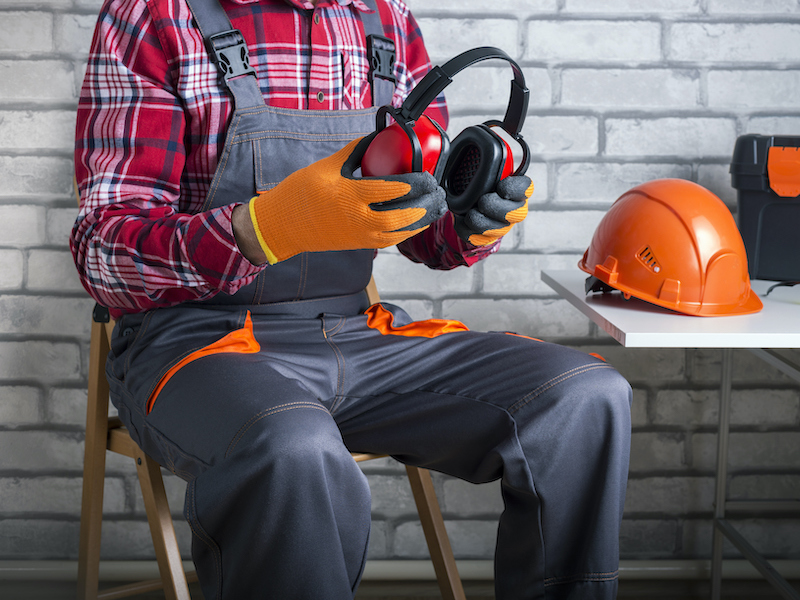
Your sense of hearing is important in your life and when it’s gone, there will be no natural way for it to return But strangely, the general public tends to disregard hearing loss. As a matter of fact, permanent hearing loss impacts one in every eight individuals (nearly 30 million people) 12 and older in the United States alone.
Protecting your hearing from the beginning is the best and simplest way to prevent hearing loss, but if you already have hearing loss you can recover much of your hearing with a hearing aid.
Protect your hearing with these five tips:
Earbuds should be avoided
Earbuds are one of the biggest threats to hearing health today since they’ve come as an accessory to most mobile devices going back to the first MP3 devices in the early 2000s. Almost every smartphone on the market comes with a pair of these little devices that sit snugly in your ear and pump sound straight into your ear canal. Listening to music or a movie on your mobile device at full volume for only 15 minutes can cause permanent hearing loss. The better choice would be to buy a pair of earmuff-style headphones that go over your ears, which is made even better if you can find a set that has noise-canceling technology. Sticking to the 60/60 rule, which recommends a maximum volume of 60% for no more than 60 minutes a day, is another safety measure to safeguard your hearing.
Lower the volume
Your hearing can be harmed by other things besides earbuds. Loud noises from a radio or TV can do as much harm if you consistently listen to them over a sustained period of time. You’ll also want to avoid situations where loud sounds are constant, like construction zones, concerts, and firearm ranges. Steering clear of these situations may only be possible in a perfect world, particularly if you’re a construction worker or a musician. The next item on the list will be important if you’re in this situation.
Hearing protection will be helpful
Hearing protection is crucial if you work in an environment or enjoy hobbies that expose you to loud noises. 85 decibels over a period of 15 minutes is enough to cause hearing loss. To put that in perspective:
- The majority of concerts are between 100 and 120 decibels with headliners commonly playing for around an hour and 20 minutes
- Over a one hour trip to the indoor shooting range, your ears are repeatedly exposed to gunfire that clocks in at over 150 decibels on average
- The noise of a construction site can be over 130 decibels and many workers spend 40 or more hours every week there
The moral here is that you should purchase some kind of hearing protection such as earmuffs or earplugs if you engage in any of these activities.
Take auditory breaks
Sometimes giving your ears a break is the best thing you can do. If you engaged in any of the activities listed above, you really should make certain to take some quiet time for yourself so your ears can rest and recuperate, even if you were using ear protection. That means, you definitely shouldn’t get into your car and start blaring loud music right after you leave a 3-hour concert.
Check your medicine
Your medicine could actually have a considerable effect on your hearing. There are certain medicines that have been proven to trigger hearing loss including some heart and cancer medications, aspirin, antibiotics, and anti-inflammatory medicine. The good news is that medication-related hearing loss isn’t common and is more likely if you use two or more of those medications at the same time making it easier to prevent.
Looking to get treatment for your hearing loss? Contact us today to schedule a consultation.